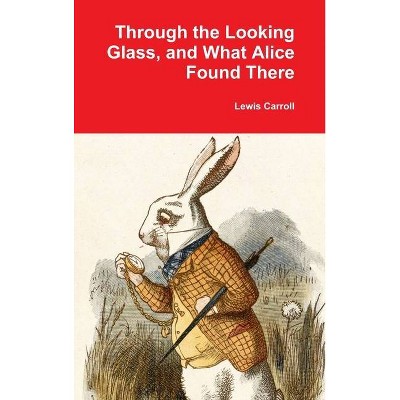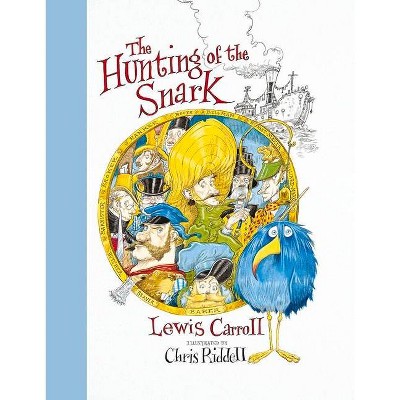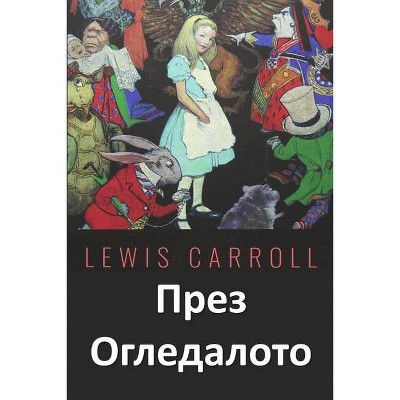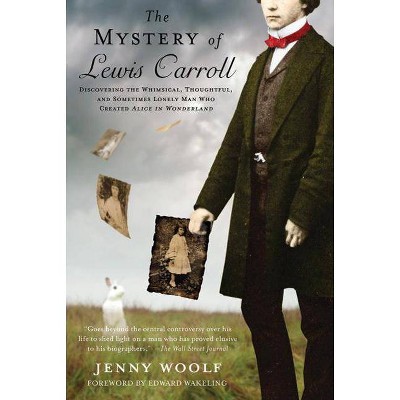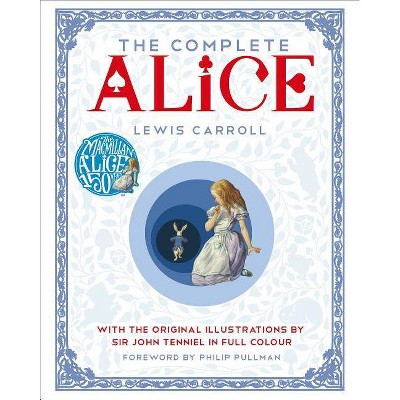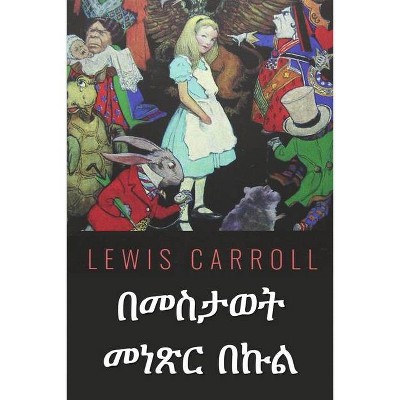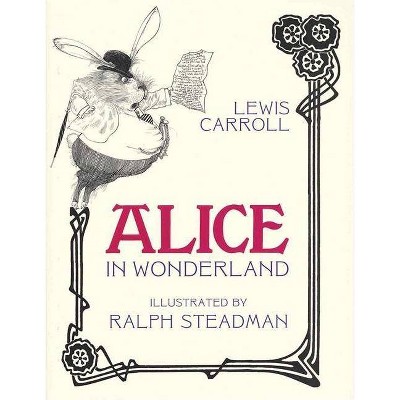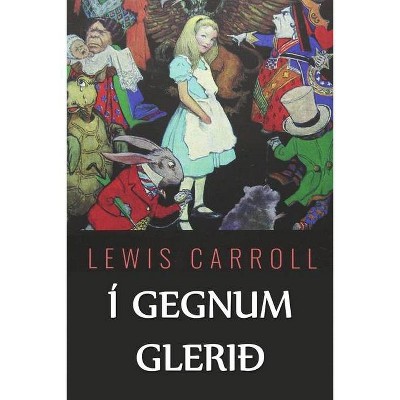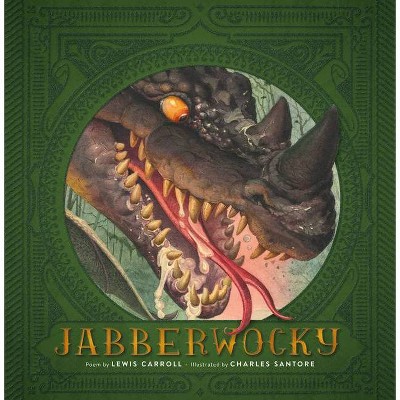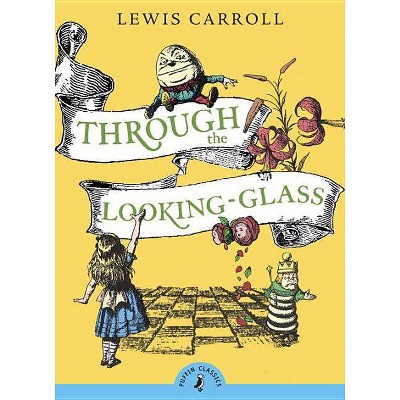Throwe the Keekin-Gless an Fit Ailice Funn There - by Lewis Carroll (Paperback)
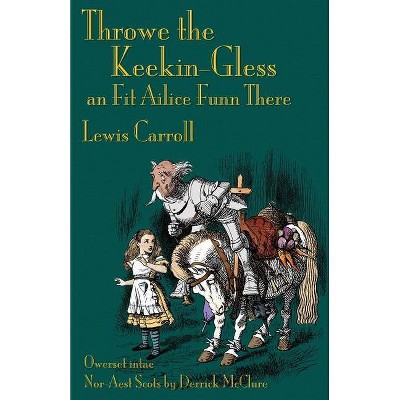
Similar Products
Products of same category from the store
AllProduct info
<p/><br></br><p><b> About the Book </b></p></br></br>Lewis Carroll's Through the Looking-Glass translated into North-East Scots by Derrick McClure.<p/><br></br><p><b> Book Synopsis </b></p></br></br><p>For a general introduction to the literary and cultural background of the present translation, and to the North-East Scots dialect itself, see the introduction to my translation of Carroll's previous book, <em>Ailce's Anters in Ferlielann</em>. As there, I have used a conservative form of the dialect, checking the words and pronunciations against classic literary texts (and this time also against the earlier translation, to ensure consistency). As there too, I have endeavoured to find a specific equivalent for every joke, pun, allusion and other trick of style in the original. The metrical and rhyme patterns of the poems are maintained: as always in poetic translations of any kind, this procedure necessitates some departures from the original wording; and in one instance, namely the sequence of <em>thirteen</em> rhymes on "toe" in the closing section of the White Knight's song, I have assumed the licence to treat Carroll's lines with complete freedom. Puns and other forms of word-play appear at corresponding places to those in the source book: this too necessarily entails departure from the original wording, as in the Midgie's (Carroll's Gnat's) "Somethin about a haverin aiver, ye ken" to replace "Something about 'horse' and 'hoarse', you know". Culture-bound allusions are replaced with ones more readily associated with the expected new readership (his Anglo-Saxon messengers with their Anglo-Saxon attitudes becoming Pictish messengers with Pictish poseitions); and a clearly-differentiated speech-form, namely the Clydeside basilect, is again used for characters whose dialogue in the original suggests non-standard English (the Frog in Chapter IX and the Wasp in the "lost" episode). --Derrick McClure</p><p><br></p>
Price History
Price Archive shows prices from various stores, lets you see history and find the cheapest. There is no actual sale on the website. For all support, inquiry and suggestion messagescommunication@pricearchive.us
